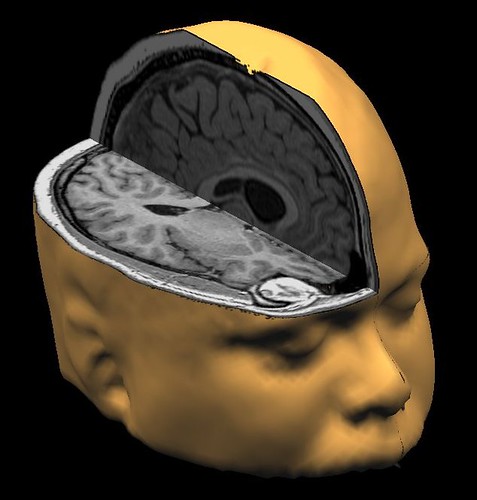[Jackrabbit is nearing the home stretch on her field exam! In the meantime, here's part two of that conversation regarding cognitive literary studies and The Laramie Project. If I have any brains left after the exam, I'll rejoin you shortly.]
So, in my last post I shared a personal anecdote that created a little doubt about Jed Schultz's version of events regarding his parents' ambivalence to his acting career in The Laramie Project. He claims that his duet from Angels in America was the first time his parents hadn't come to support him, but my friend "Andie" can remember lots of times that they didn't come to events because of scheduling conflicts. So, whom do I believe? Now that we're almost ten years down the road... I believe them both. Perhaps I don't believe that they both represent objective reality. But I do believe that both versions have story truth, and without any way to determine the objective facts, that's what I have to settle for.
Here's what I mean: I thoroughly believe that this moment was the first time Jed felt disappointment in his parents; it's also the first time he had to break away from their authority and suffer the consequences. I believe that his dismay and disappointment is real. And, as for "Andie?" I believe that her memory accurately represents her childhood recollections of paling around at school and church together with Jed because both of them had extremely busy parents. Now that the objective truth can't be discovered, I have to settle for story truth. He remembers the disappointment. She remembers the strength of their childhood relationship in the face of parents who couldn't always be there.
So, story truth isn't the same as objective truth, but it has value nonetheless. It's not a distinction we're normally willing to make, but it's an important one for understanding how we should approach the truth of The Laramie Project. If we treat this play as only forensic, verifiable fact, two things will happen. One is that people will discover that a lot of it's not "true" and want to reject what it has to tell us. The other is that they won't understand the depth and complexity that this play has to offer. We have to understand that the texture of memory is uneven and full of gaps, layers and crevices. We have to feel the textures of memory more like it's corduroy than silk.


